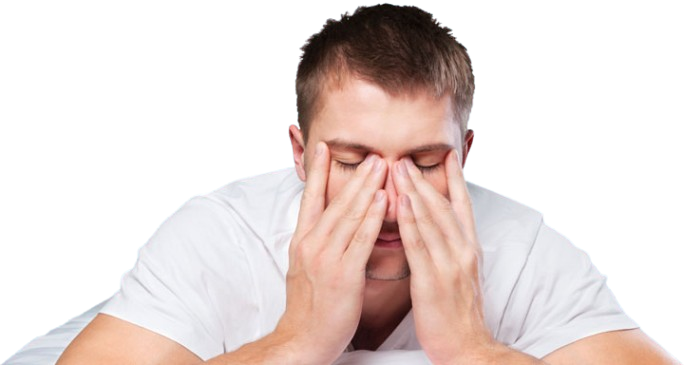This October, get active every day to be #Greater Than Stroke!
Whether its walking to work (a fantastic habit for all-round health) or ensuring you get enough light in the mornings (improves your sleep, mood, and focus), many of us are trying in implement daily active habits to fight off fatigue, stress and disease.
Unfortunately for many Kiwis in Aotearoa, a stroke will affect them or someone they know. Stroke is New Zealand’s second single biggest killer and is a leading cause of serious adult disability. Over 10,000 strokes are experienced every year – that’s more than 27 every day.
Stroke is a disease that affects the arteries leading to and within the brain. A stroke occurs when a blood vessel that carries oxygen and nutrients to the brain is either blocked by a clot or bursts (or ruptures). When that happens, part of the brain cannot get the blood (and oxygen) it needs, so it and brain cells lose function.
In light of World Stroke Day on the 29th October, staying active, raising awareness and understanding the signs, symptoms and prevention of stroke are more important than ever.
What can you do to reduce your risk of stroke?
One in five New Zealanders experience high blood pressure. Recent research estimates a third of these people don’t know it as high blood pressure often has no symptoms. Reducing your blood pressure can greatly reduce stroke risk. At your next GP visit, ask to have your blood pressure taken.
Common risk factors also include heart disease, smoking, diabetes, high cholesterol, consuming excessive alcohol, being overweight or having a family history of stroke. Managing these factors by implementing healthy lifestyle habits will greatly reduce your risk.
What are the signs of stroke?
Remember FAST. Face drooping, Arm weakness, Speech difficulty, Take action-call 111.
What sleep problems are associated with stroke?
Insomnia
About a third of stroke survivors experience insomnia. This is when you can’t get enough sleep because you find it difficult to fall asleep, or you wake up in the night and can’t get back to sleep. Insomnia often appears in times of stress.
Sleep Apnoea
Sleep apnoea or obstructive sleep apnoea is when the muscles in your airways relax and block your airways while you are asleep. When this happens, you stop breathing for a short time until your brain wakes you up to begin breathing again. It can be hard to tell if you have sleep apnoea, so ask someone to help you identify the symptoms including loud snoring, breathing stopping and starting, making gasping, snorting or choking noises.
Sleep Cycle Disruption
Some people find their sleep patterns change after a stroke, meaning they are unable to follow a set pattern for when to sleep and when to wake. It may feel like constant jetlag. Implementing good sleep hygiene is beneficial to reset your sleep cycles.
When should you seek help for sleep problems associated with stroke?
If troublesome sleep persists, you may want to seek help from a sleep specialist, specifically one that offers a multi-speciality approach.
At Auckland Sleep, we boast a collective of experts who specialise in eight different domains of sleep health. This team of eight different specialities under one roof provides an unparalleled multi-faceted approach, which helps you achieve better sleep health, simply.
Get in touch with our team to find out how we can help you with your sleep needs at our sleep clinic Auckland.


